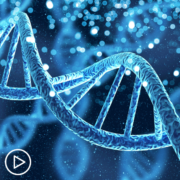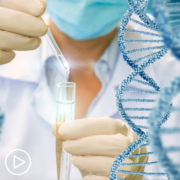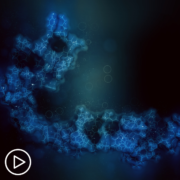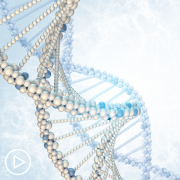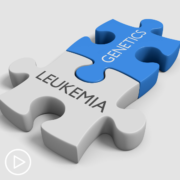Hope Unleashed: Advancing Therapies for Defiant Mutations in Lung Cancer
Hope Unleashed: Advancing Therapies for Defiant Mutations in Lung Cancer from Patient Empowerment Network on Vimeo.
What promising studies in lung cancer mutations are there that patients should know about? Expert Dr. Joshua Sabari from NYU Langone discusses common lung cancer mutations, incidence rates, promising and potential studies, and proactive patient advice.
[ACT]IVATION TIP
“…no matter what your lung cancer type is, no matter any clinical characteristic, you need next generation sequencing done, biomarker testing done, to identify these mutations. And even when we identify the mutation, I think as a group, as an academic community, we need to do more to study novel therapeutics and to better understand the biology of these mutations so that we can get better treatments to our patients.”
Download Resource Guide | Descargar guía de recursos
See More from [ACT]IVATED NSCLC Biomarkers
Related Resources:
Transcript:
Lisa Hatfield:
Dr. Sabari, can you speak to some of the more defiant mutations in lung cancer, and what promising studies are we looking at right now?
Dr. Joshua Sabari:
Yeah, so I think in lung cancer the most common mutations that we see are EGFR and KRAS. EGFR mutations are a quite broad range of alterations. The most common are in exon 19 deletion and exon 21. These are the location of the mutations. They make up about 80 percent to 85 percent. We have phenomenal treatments in the frontline setting, but most patients only remain on therapy for about two years before there is progression. So, we need to better understand resistance mechanisms, and we need to better understand the next generation of therapies that are available.
In contrast to EGFR, KRAS is equally as common. We see this in about 25 percent to 30 percent of the patient population. Unlike EGFR, KRAS is almost exclusively seen in people who’ve smoked in the past. And there are many different KRAS mutations or alleles. There’s KRAS G12C where we have two FDA-approved match targeted therapies in the second-line setting.
But we need better options, better opportunities for our patients in the frontline setting. And for KRAS, we’re not doing as well as we should, right? KRAS mutations, most people have about a 30 percent to 40 percent chance of responding to therapy. And the median time on treatment is in that six to seven month range. So this is a defiant mutation. It’s a mutation where we need to do better and we need to really develop the next generation of inhibitors for our patients.
So I guess the activation tip here is, again, no matter what your lung cancer type is, no matter any clinical characteristic, you need next generation sequencing done, biomarker testing done, to identify these mutations. And even when we identify the mutation, I think as a group, as an academic community, we need to do more to study novel therapeutics and to better understand the biology of these mutations so that we can get better treatments to our patients.


